<< Read all John Kamm Remembers stories
Listen to Dragon Years:1988 podcast episode.
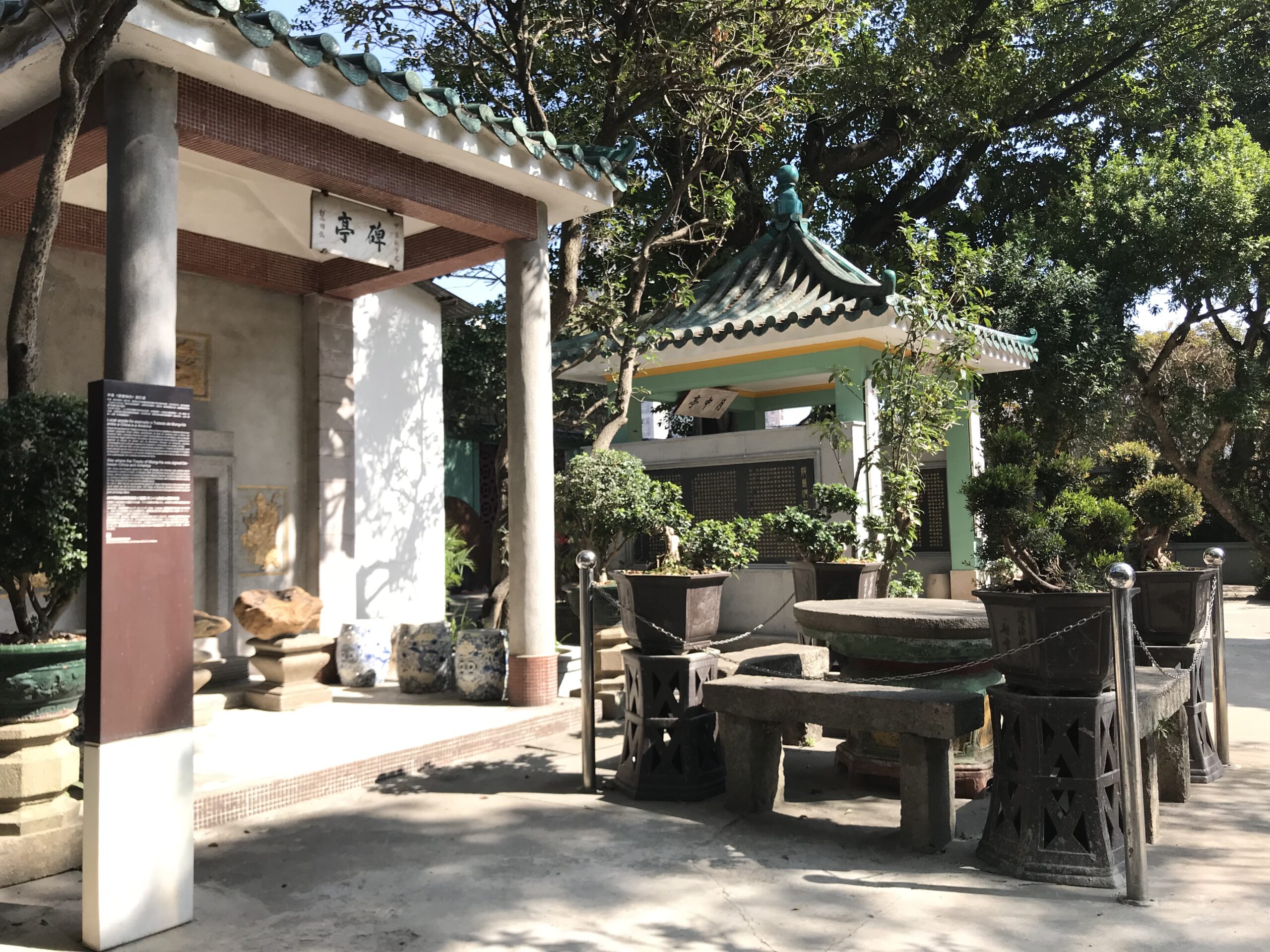
A
short walk from where I was teaching in Macau in 1972 was the Kun Iam Temple, one of Macau’s three oldest temples. I enjoyed going there because it was quiet and verdant, and because of its historic significance for US-China relations. On a table at the temple, the United States and China signed the Treaty of Wangxia on July 3, 1844, which marked the start of formal relations between the two countries.
After I left Macau for Hong Kong on Christmas Day 1972, I maintained interest in the Portuguese territory. I visited Macau as often as possible, staying at the Bela Vista, a colonial-style hotel which now houses the Portuguese Consulate, whenever I could. The Bela Vista sat on a hill overlooking the Praia Grande and the bay. Unfortunately, the bay was subsequently filled in.

I became friends with prominent Macanese residents of the British Crown Colony, including Sir Roger Lobo, and dined whenever I could at the Club Lusitano, the Macanese eating club in Hong Kong.
American Chamber of Commerce
I became active in the American Chamber of Commerce (AmCham) in the early 1980s. I focused on the China Commercial Relations Committee (CCRC), the largest committee in the chamber with members involved in the burgeoning trade relationship that followed the normalization of relations with China in 1979.
In the summer of 1984, I got the idea of setting up the Macau Subcommittee under the CCRC. Chamber leadership, then under American lawyer Gage McAfee, bought into the idea. Planning began to send an AmCham delegation to Macau.
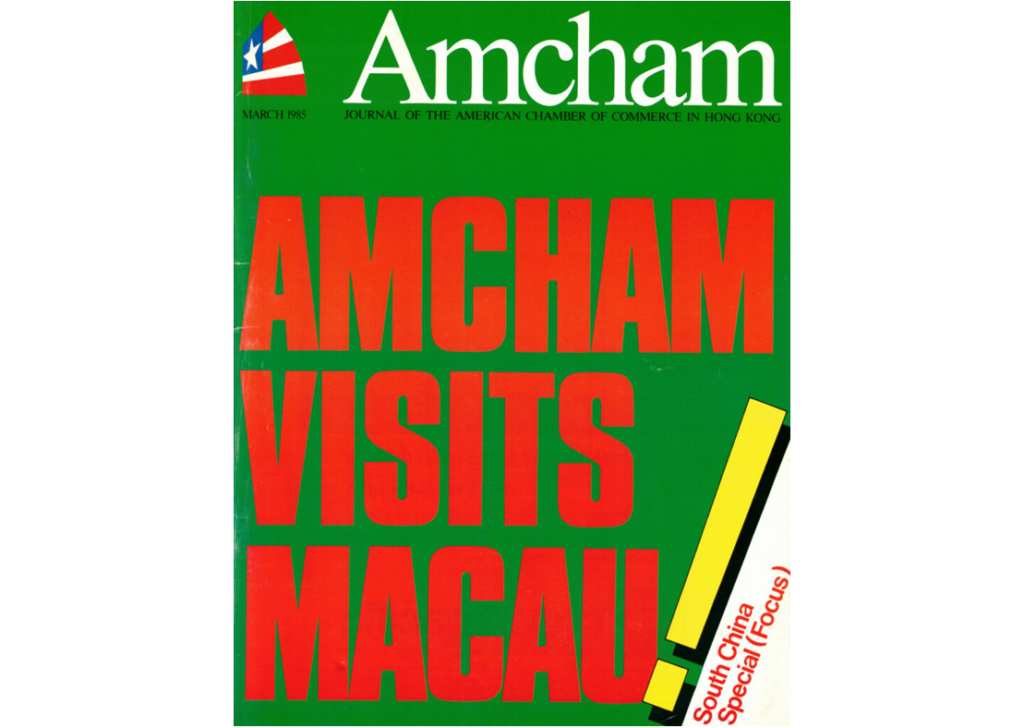
The delegation took place in January 1985. It was to be made up of AmCham leaders, senior officials from the American consulate including the deputy consul general and the head of the commercial services department, and businessmen and businesswomen, including two Diamond Shamrock colleagues. The fledgling subcommittee conducted a survey to determine the level of business activities and government plans to increase investment and trade. We prepared papers based on statistics on imports and exports and plans to improve infrastructure.
The survey was sent out to 800 CCRC members, of whom 60 replied. We discovered that the level of trade and investment was low, as were returns on investment. Respondents listed several problems, including government red tape – getting export licenses was slow – and there was a lack of reliable information on imports and exports. Five of the 12 respondents who had offices there were considering shutting down and pulling out.
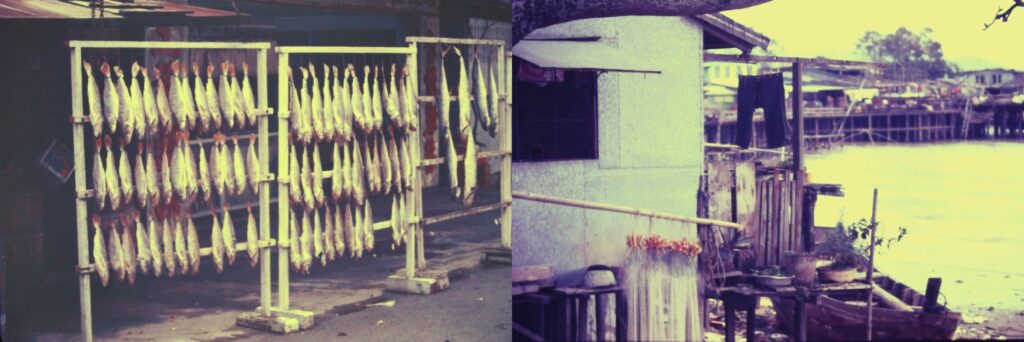
One number stood out. In 1983, there were only 28,000 telephones in Macau for a population of 266,000.
Macau was woefully underdeveloped. Aside from the low per capita ownership of telephones, a major problem was the depth of the harbor. Silt washed down the West River, requiring frequent, costly dredging.
Delegation Meeting
Our first meeting was with Secretary for Economic Affairs, Luis Filipe Ferreira Simoes and other officials. He outlined the territory’s three economic priorities: diversify overseas markets for Macau products, develop a service industry sector to serve Macau and adjacent areas of Guangdong Province, and develop Macau’s infrastructure to attract private sector and foreign investment. Mr. Simoes said the efforts were yielding good results: textiles made up 85 percent of exports in 1980, but in 1983 they made up 71 percent. There had been a significant increase in the number of banks in Macau.
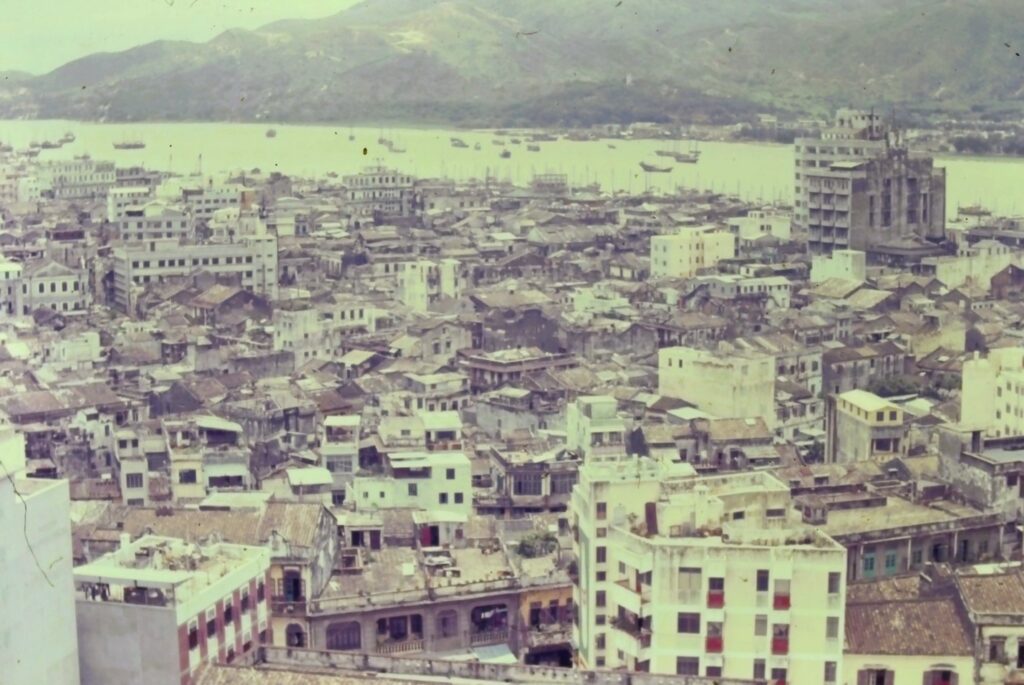
Ma Man-kei, President of the Macau Chinese Chamber of Commerce
On the morning of January 24, 1985, the AmCham group met with Ma Man-kei, President of the Chinese Chamber of Commerce as well as members of the chamber and the Macau Exporters Association. Mr. Ma was an outspoken proponent of China’s resumption of sovereignty as soon as possible. He would go on to become one of the highest-ranking Chinese citizens in Macau, serving as Vice Chairman of the Chinese People’s Political Consultative Congress for many years.
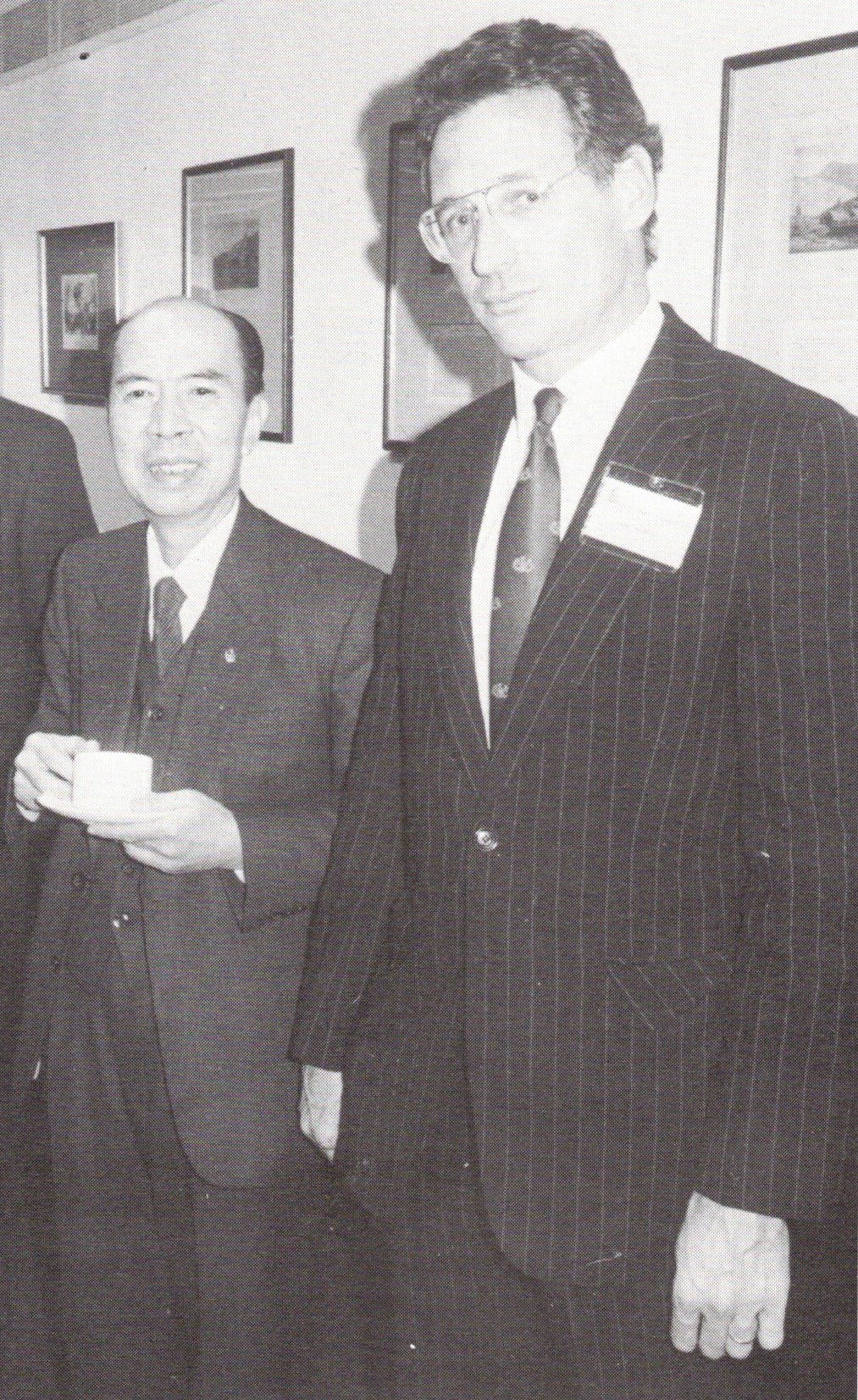
Unfortunately for Mr. Ma, Beijing decided to take a go-slow approach when it came to resuming sovereignty of Macau. This was despite Lisbon’s offer to transfer sovereignty to Beijing after the Carnation Revolution of April 1974, when Portugal gave up all its overseas territories. Beijing did not want anything to disturb Hong Kong, which was due for the return of sovereignty to China in 1997.
After listening to AmCham’s report and recommendations, Mr. Ma said he supported them and that he would make his support known to the Macau government. Ma then said: “The delta counties near Macau have a large amount of foreign currency and can now import goods directly. They often send buying groups to Macau. However, American companies don’t do much promotion work in Macau, so they mostly buy Japanese products, or American products through middlemen in Macau.”
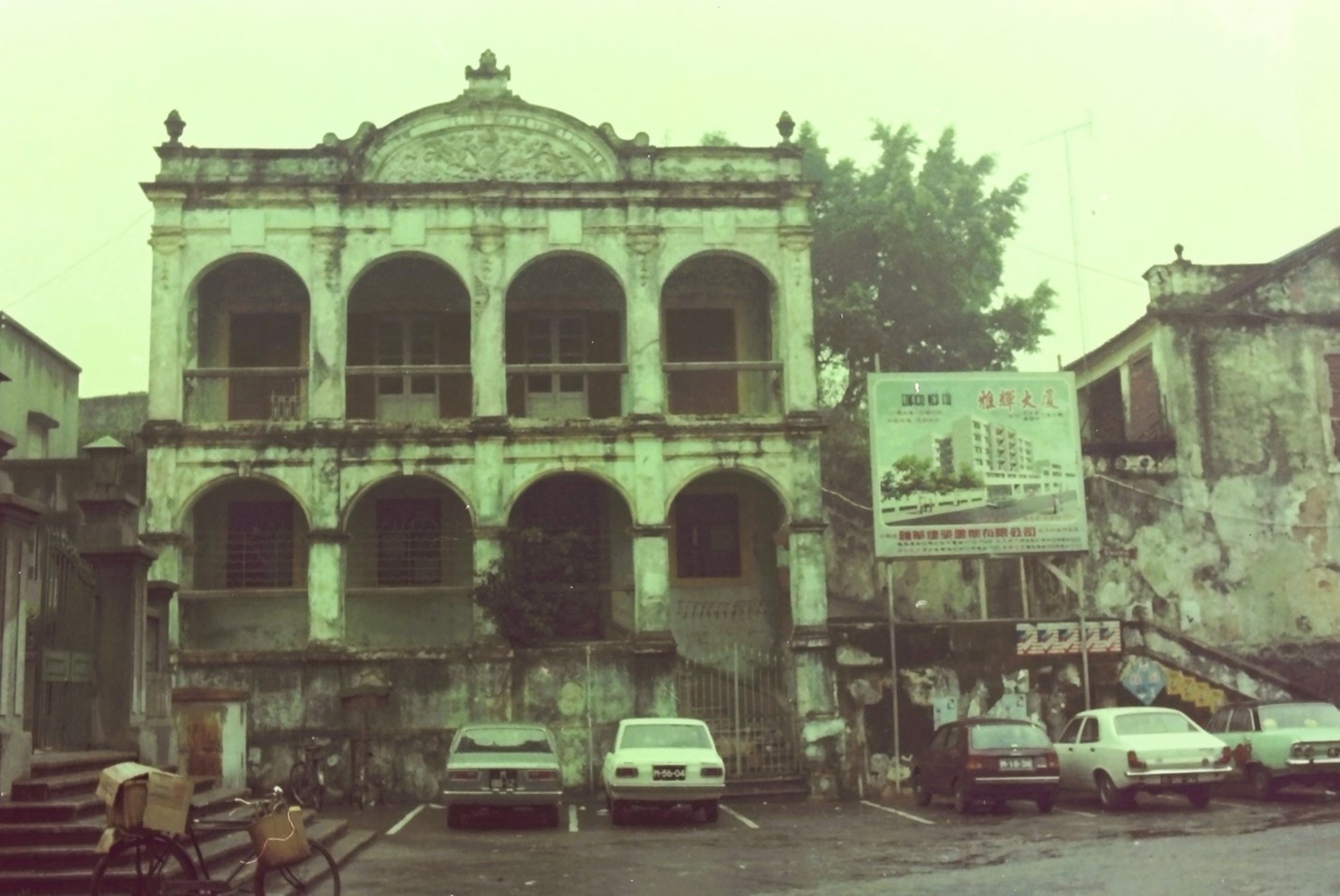
Leal Senado
After our meeting with Mr. Ma, we passed by the Leal Senado (meaning “the loyal senate” in Portuguese), so named because Macau had stayed loyal to Lisbon after Spain seized Portugal in the sixteenth century. The Leal Senado lay in a stately building opposite the post office. It was the site of the municipal government made up mostly of Macanese. The Leal Senado had a library of old books which I enjoyed viewing during my time in Macau in 1972.
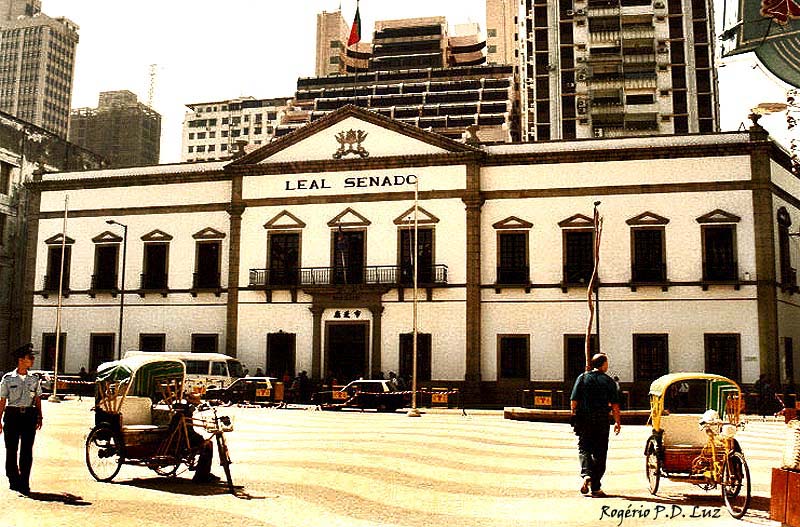
Importance of Delegation to Macau
The importance of the January 1985 AmCham delegation to Macau was three-fold
It propelled me into leadership positions of the Chamber. After my stint as chairman of the Macau Subcommittee, I moved quickly to more senior positions, including one of the vice presidents, followed by first vice president and then, despite an effort to deny me the position, President of AmCham in 1990, the first year of the debate in Congress over China’s Most Favored Nation (MFN) status.
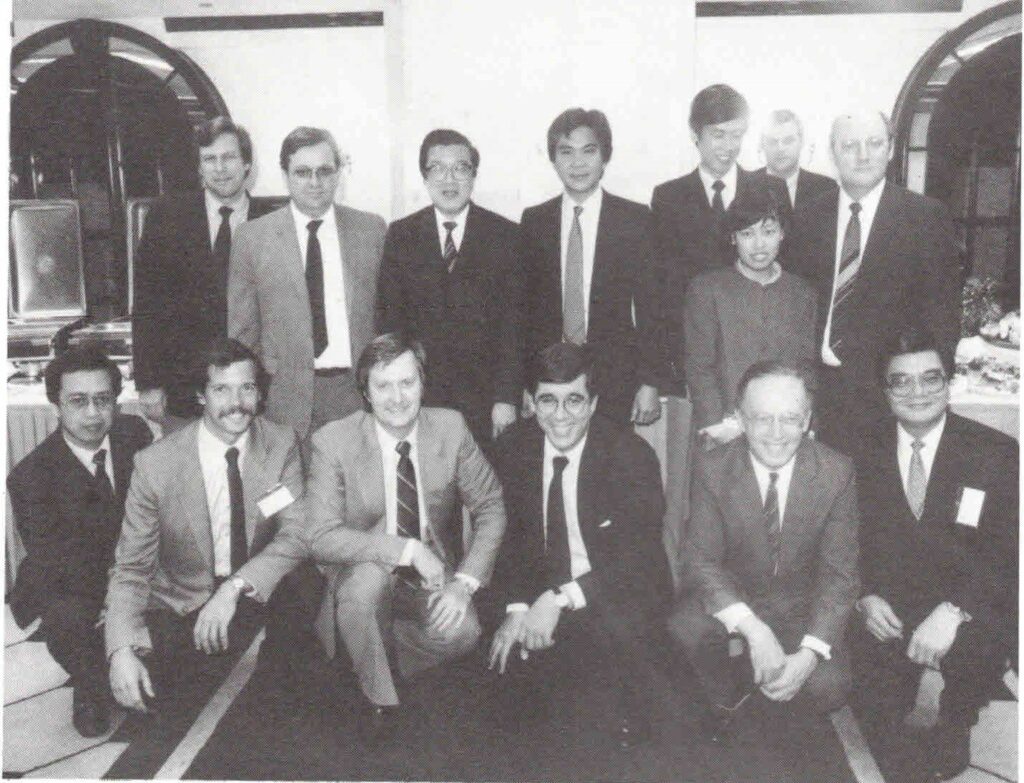
It was my first experience of organizing an AmCham delegation. I followed this up in 1990 with delegations to Laos and Mongolia, the first American commercial delegations to these countries by a chamber of commerce. Connections made during the AmCham delegation to Macau also helped me organize the three delegations to Washington in 1990 to testify on MFN. I asked for and was given a letter from the Macau government on the impact of China’s possible loss of MFN on the Macau economy.
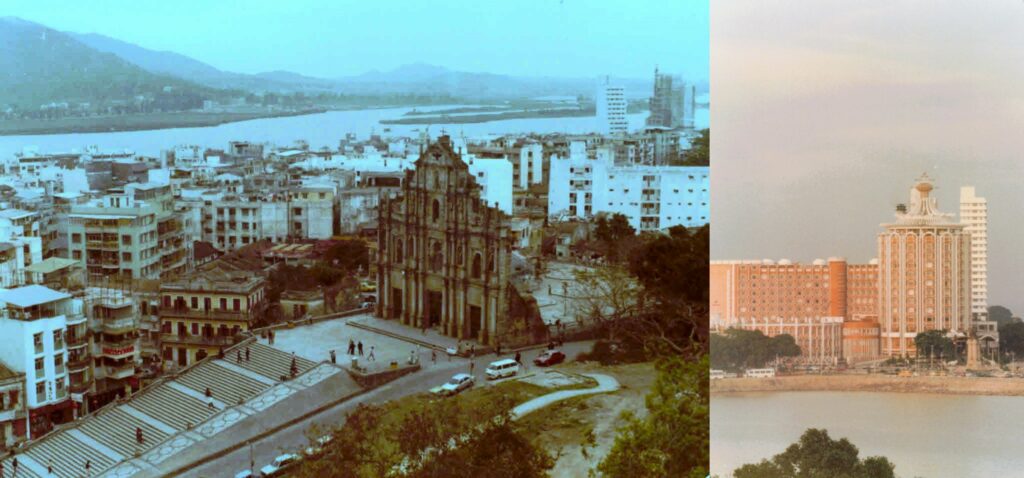
It gave birth to the idea of selling to foreign trade companies near Macau: After Ma Man-kei’s remarks, I began doing research with an eye to selling products manufactured by companies that I represented in China. I confirmed what Ma said. Companies in the delta could retain 30 percent of the foreign currency generated by their exports. They were very active in Macau, not only sending buying missions but also holding trade fairs and exhibitions.
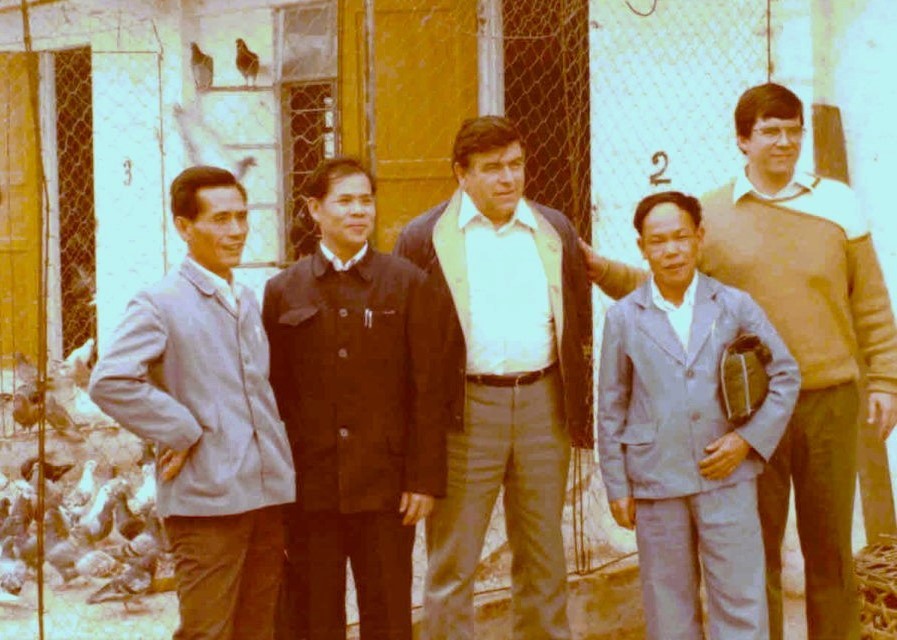
My research led me to look into the Shekki Foodstuffs Corporation, a sub-branch of the Guangdong Cereals, Oils and Foodstuffs Branch.* Shekki Foodstuffs had their own farms, including pigeon farms where the prized Shekki Pigeons were raised. These farms were suffering from an infection of bird flu. My company represented a European vaccine manufacturer. We arranged to carry out tests on a pigeon farm, the results of which were outstanding. Direct sales began shortly thereafter.
There’s a popular saying in the United States: “All politics is local.” I gradually came to realize that all business is local, including the business of human rights.
*Note: My research is summarized in a chapter in Macau: City of Commerce and Culture, Rolf Cremer (ed.), Hong Kong, 1987.
Read all John Kamm Remembers stories.
Listen to the Encounters with China podcast.
Subscribe to receive notifications about new episodes.
